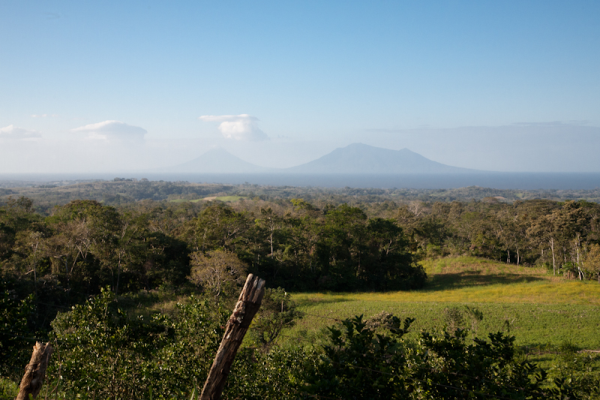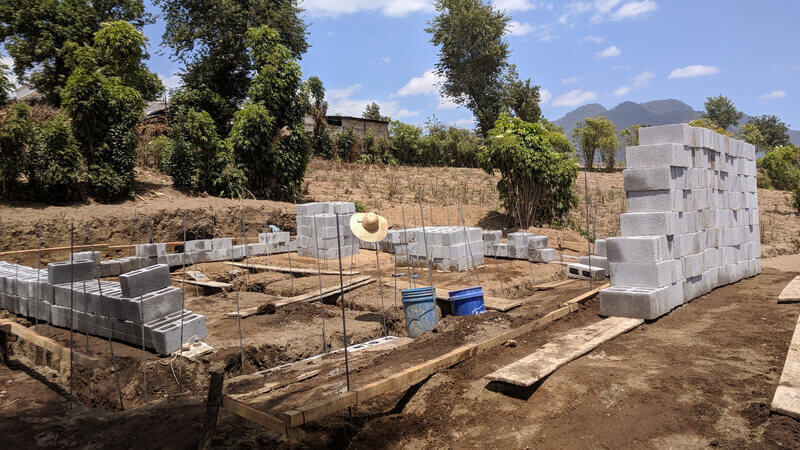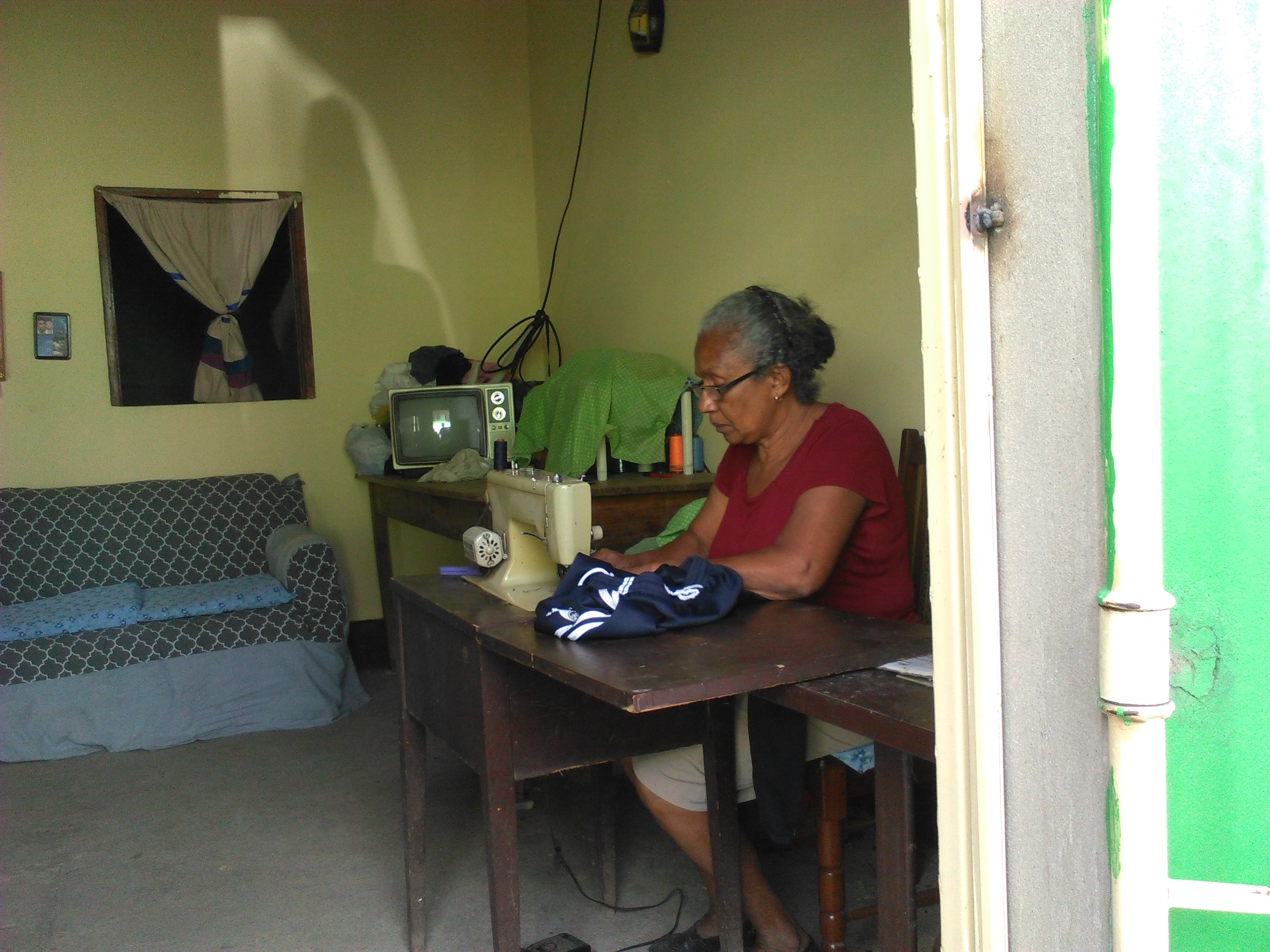Stepping back from Global Village builds—for now
Guest blog by Noah Keller, Lead Project Manager and Global Engagement Manager Given the amazing team members, the anticipation, and the certainty...
2 min read
 Twin Cities Habitat for Humanity
:
12:00 PM on February 2, 2012
Twin Cities Habitat for Humanity
:
12:00 PM on February 2, 2012

As those of you who have worked on a TCHFH construction site know, the Habitat volunteer experience is about more than just building. Our Housing Matters program is designed to teach volunteers about the bigger affordable housing picture and we have expanded this program to include our Global Village trips. So as we dodge potholes (and wayward cattle) on our way to the build site each morning, we have been discussing about the issue of secure tenure. Secure tenure is the ability to live in a place without the fear of eviction. Since the U.S. has a process for guaranteeing secure tenure (via a mortgage deed or a lease), this is a concept with which most of us are not familiar.
Did you know that an estimated 80% of the world does not have secure tenure? Habitat International surveyed its international affiliates about the biggest hurdle they face in addressing housing issues. And their response was overwhelmingly "secure tenure". 
Fortunately, Costa Rica has a system for ensuring secure tenure. Many Costa Ricans can sleep well at night knowing their home is theirs and cannot be taken from them. However, this is not the case for Carlos and Dina (two of the Habitat families we have been working with this week). Carlos’ family and Dina’s family live in what is known as the “Green Zone” (see picture above). This land butts up to the Nicaraguan border and is owned by the Costa Rican government. Technically, anyone living on this land is doing so illegally and could be evicted at any time. It is virtually impossible for me to estimate how many people occupy this land, but it is safe to say it is in the thousands.
 By having a stable home, Carlos’s daughter Paula and his son Caleb will be able to continue attending the same school. When we asked Paula about school, she told us how she really loves school and that she is learning English. She even proved it by counting to 10 in flawless English. Carlos told us that Paula is a straight “A” student and because of this, her school does not require her to take the final exams—a nice reward for working hard during the school year. With a stable environment—both at home and school—Paula’s chances of pursuing higher education are quite good.
By having a stable home, Carlos’s daughter Paula and his son Caleb will be able to continue attending the same school. When we asked Paula about school, she told us how she really loves school and that she is learning English. She even proved it by counting to 10 in flawless English. Carlos told us that Paula is a straight “A” student and because of this, her school does not require her to take the final exams—a nice reward for working hard during the school year. With a stable environment—both at home and school—Paula’s chances of pursuing higher education are quite good.
When Habitat completes the 38 homes in the Santa Elena community later this summer, all 38 families will be given documentation that they legally own their home and the ground under it. Knowing this makes the last two days of shoveling dirt a bit more bearable (it beats the alternative of shoveling snow back home).
--Jeff Smith, Global Village Team Leader
At right, Paula proudly shows off her new art project.
Your gift unlocks bright futures! Donate now to create, preserve, and promote affordable homeownership in the Twin Cities.

Guest blog by Noah Keller, Lead Project Manager and Global Engagement Manager Given the amazing team members, the anticipation, and the certainty...
I’m writing this blog on our way back from Xai Xai, heading to Maputofor the night. I know others have written about the work we’ve done with the...

Guest Blog by Noah Keller, Twin Cities Habitat Staff & Global Village Volunteer Team Leader